Everyone knows that event marketing makes up a significant amount of the marketing budget for most B2B companies, at least 21% according to a 2018 study from Bizaboo. But in recent weeks with the emergence of the Covid-19 coronavirus, 19 major events (and counting) have been canceled. While some of the cost of hosting, sponsoring, speaking at and attending these events is likely to be lost, there is still a significant amount of marketing budget that has become available. Your marketing team needs to be looking for opportunities to shift that spend to effective digital channels that enable you to target the prospects that would have been reached at events.
Getting on the same page
The first thing you need to do is get your events marketing team and your digital team on the same page. It’s likely your events team will be pretty bummed out that their main channel of reaching prospects is in chaos. But really, this is a great opportunity for your digital team to help them reach their prospects. During this meeting of the minds, you should review each event that has been canceled or delayed and identify the following:
- What was the goal of hosting/sponsoring/attending the event?
- Who was the target audience of the event?
- New prospects vs target accounts vs existing customers?
- What stages of the funnel do you typically target at the event?
- What is the available budget from this event that you’d like to invest in digital?
- Are there any time constraints associated with the campaign replacing the event?
If the target audience of your conference includes existing customers then be sure to include your support team or client relations team in any discussions about pivoting your event to digital. Gathering this information will help you design a digital campaign to replace the event that is best suited to meet the original goal of the event. There are a lot of options for digital campaigns but it’s probably best to choose a couple of different strategies for your replacement campaign.
Virtual Conference
If you were hosting an event you don’t want to have your attendees, sponsors, and speakers miss out completely on the opportunity to connect. While this is a relatively expensive option, it’s also the most likely to have a significant impact on the existing target audience. If the fee to use your event venue is non-refundable, you could even consider taking a page from the Italian soccer leagues and hold your speaking sessions present to an empty auditorium while streaming the session online. There is also an opportunity to expand beyond your current audience to folks that couldn’t travel to your venue. Collision Conference has taken the bold step of not only shifting their conference online but also offering refunds to any ticket-holders that aren’t satisfied with the online conference.
It’s important to increase your digital ad spend to promote the digital event to see if you can increase attendance. One way to do this is to build a lookalike audience on Facebook or LinkedIn based on current registrants. Target this audience with ads promoting your virtual conference to boost attendance to your now virtual conference.
Webinars
Webinars can be an effective digital strategy for both event hosts and speakers. For event hosts that aren’t able to host a full virtual conference, hosting a series of webinars can be very effective and allow you to reach prospects over a number of weeks or months. It’s a great opportunity to have speakers not only from your company but you can also invite sponsors to partner on webinars and your conference speakers to guest host a webinar on your site.
If you are a speaker at a conference that was canceled you are probably eager to make sure the time you spent crafting your presentation and practicing your talk isn’t wasted. See if your company will host a webinar and put this content to good use reaching prospects that would have seen you speak. It’s worth asking conference organizers if they’ll share a registrant list with you. They may be reluctant to do so, but if they do, this is a great audience to target with an email campaign promoting your webinar.
Virtual Lunch and Learns
I read about this idea from Sendoso’s (one of our clients) blog post of customer engagement strategies for when your event is canceled, but it was so good, I have to repeat it here.
Maybe you had meetings scheduled with high-profile prospects already in a sales cycle or multiple members of a buying committee. Reach out to let them know that the event has been canceled, but that you’d love to still show them a demo (or discuss the information you were planning to review in the meeting, such as an ROI discussion or technical review) over lunch.
If they agree, send lunch to their team on the day of your meeting via a food delivery service like Caviar, GrubHub, or Uber Eats. Pro tip: Schedule it to arrive 10-15 minutes before the meeting starts so they won’t have to worry about being late.
One of the easy to forget things about attending or sponsoring conferences is the meeting you’ll have. Your sales team is probably going to be annoyed that the event got canceled, so what better way to show that marketing loves sales than to facilitate a demo with target prospects. The cost of lunch is probably less than the flight to the conference, so it’s really an easy budget decision.
Promoting existing communities
Another aspect of events that’s hard to replicate in virtual conferences is the serendipitous meetings of like-minded folks that happen throughout the course of a conference. If you already have a user community, now is the time to re-double your efforts in promoting the community. Make sure registrants know about the community. Create a section of your community specifically focused on the virtual conference and make sure there are threads devoted to each session. Invite your speakers to join the community so they can connect with folks who watched their session. Create a private area of your community for existing customers and make sure your support and customer relations teams participate actively in the community.
Spend some of your marketing budget to promote your community to attendees of the virtual conference using retargeting. Whatever you do, make sure you involve your community manager in the conversation, because they are likely already being impacted.
Digital Campaigns
One of the unique things about events is that they are likely to reach prospects at the top, middle and bottom of the funnel. Because of this, it’s not sufficient to just pump a bunch of money across all of your existing digital campaigns. It’s important to put any additional spend into campaigns that are likely to reach the same or similar prospects that you were hoping to reach the event.
Think back to the conversation you had with your events team about the goals of the events, the prospects you were hoping to reach and the funnel stages you were going to target. If you were going to have a booth at an event, it’s probably a good idea to put some money into top of funnel and brand campaigns. If you were planning on having meetings with target accounts, then putting money into ABM strategies is probably a good approach.
Black Swans and a Robust Marketing Strategy

Sequoia Capital recently called the Covid-19 outbreak a black swan event in a letter to their founders and CEOs. A black swan event is any event that is both hard to predict and has a significant effect and Covid-19 seems to be acting like this in the event space. The only real defense to black swan events is being robust enough to deal with the event. In marketing, this means having a strategy that doesn’t depend on a single strategy and a team that is agile enough to adjust their strategy as new information comes to light.
